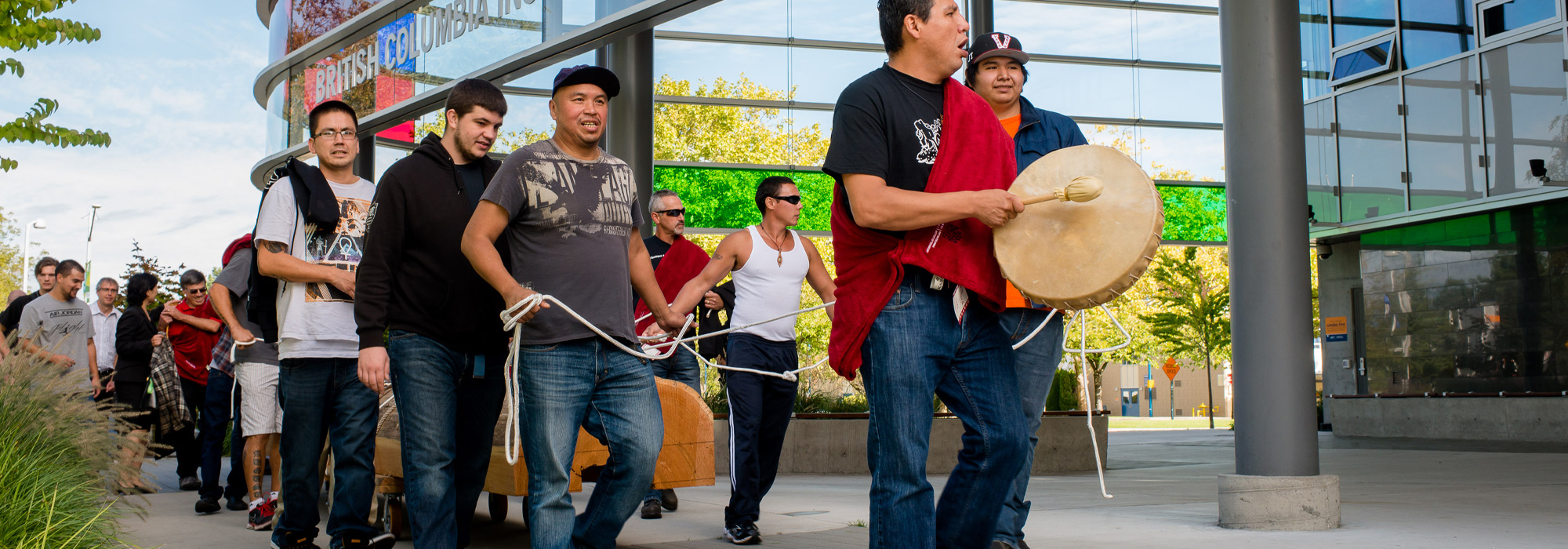You might be wondering, what does failure have to do with Indigenization?
I want to share this TedTalks video with all of you. Although this video is not about Indigenizing post-secondary curriculums, it is very relatable, especially for a non-Indigenous educator like myself. Akuyoe Graham’s wonderful speech is about living an authentic life (TedxTalks, 2018). She talks about redefining failure, listening to others, and giving space. She offers so much that I could incorporate into my approach with Indigenizing a curriculum. I shouldn’t be afraid to be myself. I should bring what I know (and what I don’t know) to the classroom. And I should be okay with feeling vulnerable.
Reference:
TedxTalks. (2018 March, 1). Living authentic life: Akuyoe Graham [Video]. Youtube. https://www.youtube.com/watch?v=vcQSw28l6QI

